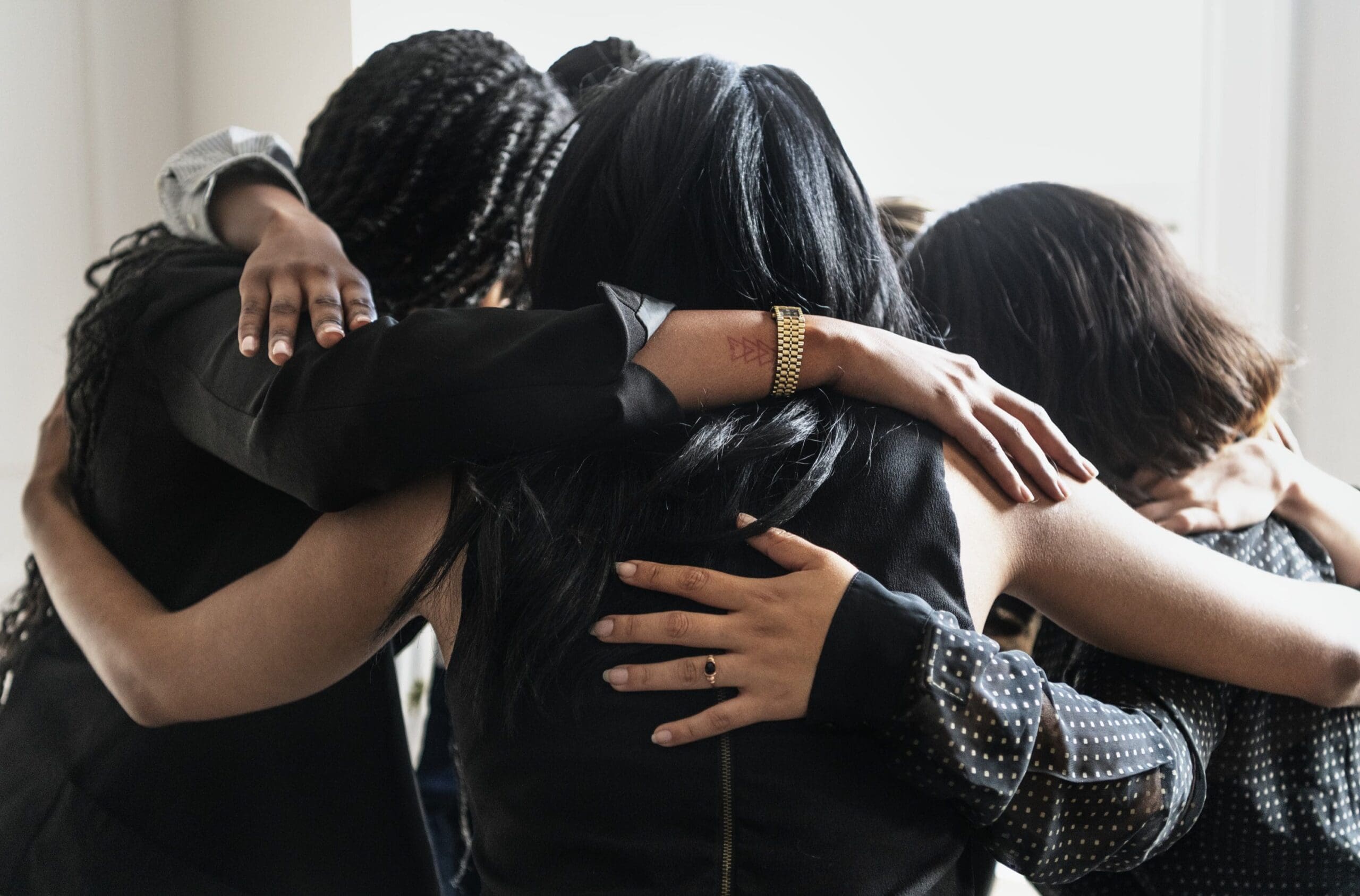
Location: Providenciales, Turks and Caicos Islands.
Call for free consultation: +1 649-231-8816
- Home
- Grieving Together: Navigating Loss in Our Shores and Workplaces
- Sheba Wilson
- 0 Comments
- January 23, 2025

The month of January has been one of the heaviest seasons of my life. I lost my personal trainer, my helper of 18 years, and a spiritual mother—all within the span of three weeks. Each loss has brought a different wave of grief, but the loss of my trainer hit differently.
We had a bond that extended beyond fitness. He had overcome his own challenges, and our time together was about much more than just working out—it was about perseverance, transformation, and the hope that comes with a second chance. Returning to the space where we worked out has been emotionally overwhelming. The loss of my helper, who was a part of my family for 18 years, and my spiritual mother—both pillars in my life—has left me reeling.
As I navigate my own grief, I find myself reflecting not only on how loss affects us personally but also how it impacts the workplace. The truth is, when people experience loss—whether it’s a loved one, a colleague, or a treasured part of their daily lives—they are not okay. They may return to work, but that doesn’t mean the grief stays behind.
In Turks and Caicos, we are collectively navigating a season of profound grief. Violent crime, gang wars, and senseless acts have claimed the lives of too many, especially our young men. Families, communities, and workplaces are left to grapple with the aftermath of traumatic and unexpected loss.
This past weekend was another heartbreaking reminder. Shots fired outside a popular nightclub claimed two lives: a promising young man from our community and a visiting tourist—a county sheriff from the United States celebrating her sister’s birthday. These deaths were sudden, violent, and senseless.
When grief enters our shores, it does not stay contained within families. It ripples across our workplaces, communities, and entire nation. Traumatic losses like these magnify the weight of grief, making it even harder for people to cope.
The Complexity of Grief
Grief is deeply personal. It’s complex, messy, and doesn’t come with a timeline. Yet in the workplace, we often approach grief with rigid, one-size-fits-all policies that fail to meet the unique needs of individuals.
As an HR professional, I’ve seen firsthand the weight of grief in the workplace. I’ve also seen how workplaces often struggle to provide the right support. People need to feel seen, cared for, and supported—not just as employees, but as human beings navigating life’s hardest moments.
What Workplaces Can Do
Organizations have a responsibility to create environments where grieving employees feel supported. This includes acknowledging the complexity of grief and offering flexible, compassionate policies. Here are some ways workplaces can respond:
- Flexible Leave Policies: Extend bereavement leave beyond the legislated three days and allow employees to take time off as needed, whether consecutively or intermittently.
- Grief Counseling and Support Groups: Partner with mental health professionals to provide grief counseling and create safe spaces for employees to process their emotions.
- Workplace Adjustments: Offer temporary accommodations, such as reduced hours or modified responsibilities, to help employees ease back into work.
- Trauma-Informed Training: Equip managers and HR teams with the tools to support employees who are dealing with traumatic loss, including active listening and recognizing signs of distress.
- HR Support Systems: Provide HR teams with their own resources to manage the emotional burden they carry in supporting others.
A National Perspective on Grief
The grief we are experiencing in Turks and Caicos is larger than any single individual or workplace. It’s a societal issue, and it demands a coordinated response.
Our government has a critical role to play in ensuring that grief support is available to all Turks and Caicos Islanders. This could include:
- Community Counseling Services: Establish accessible grief counseling centers across the islands, staffed by qualified mental health professionals.
- Trauma Response Teams: Develop rapid-response teams to support families, communities, and workplaces affected by sudden and traumatic loss.
- National Grief Awareness Campaigns: Launch public education campaigns to normalize conversations about grief and provide resources for coping.
- Support for Victims’ Families: Offer financial and psychological support to families who have lost loved ones to violent crime.
- Partnerships with Faith and Community Leaders: Collaborate with churches, non-profits, and community groups to create safe spaces for collective healing.
A Call to Action
To my fellow leaders: Let’s commit to doing better. Let’s make sure our workplaces and communities are places where grief isn’t ignored or treated as an inconvenience, but where people are given the time, space, and resources they need to heal.
Grief doesn’t come with a timeline, and healing requires more than time—it requires care, compassion, and intentional support. Let us create a Turks and Caicos where no one feels alone in their grief.
To my fellow citizens, I want you to know: You are not alone. There are people who care and want to help. Together, we can navigate this heavy season and begin to heal, one step at a time.
Written by
Sheba Wilson
Sheba Wilson is an International Bestselling Author of the Book, Get Up & LEAD and author of the Get Up & LEAD 90 Day Guided Journal. She has also co-authored Voices for Leadership with 39 other global thought leaders. Sheba is a Human Resources Consultant, Inspirational Speaker, Leadership Coach, Corporate Trainer and Facilitator.
